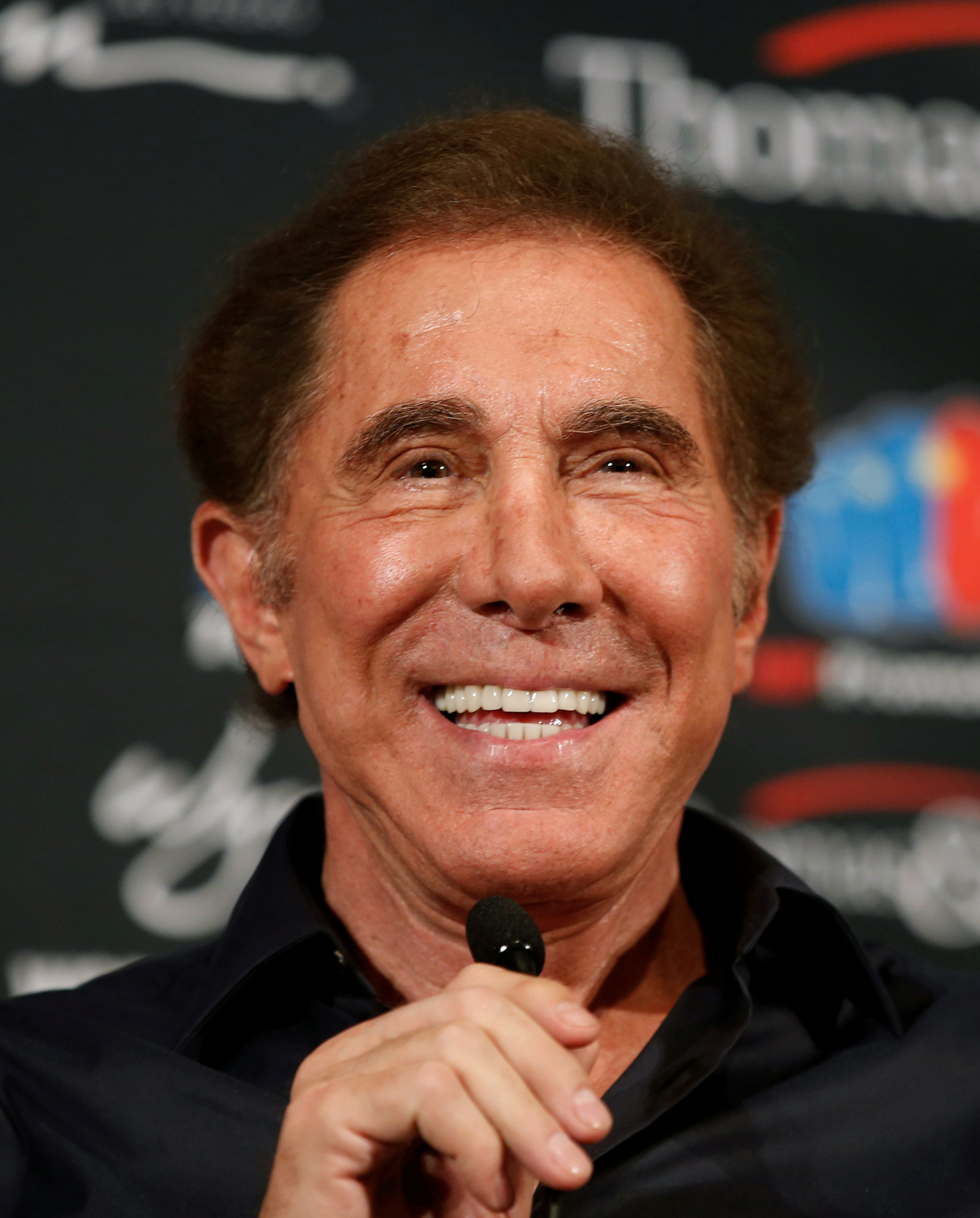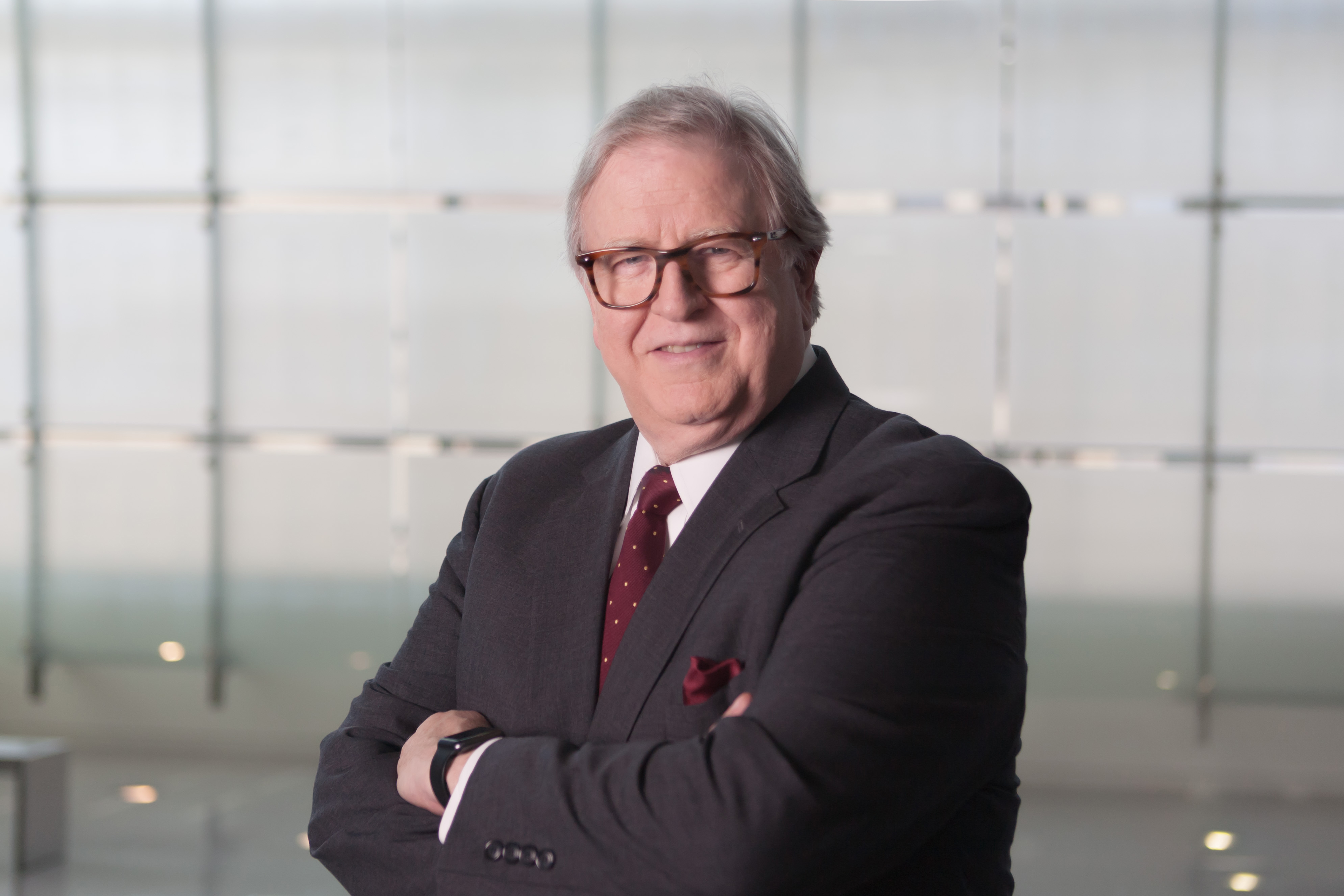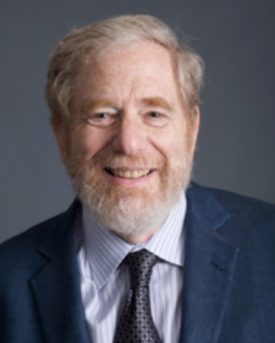Reprinted with Permission from Ballard Spahr In an opinion and order issued yesterday, a Nevada state court dismissed with prejudice a defamation claim brought by businessman Steve Wynn against the […]
Ballard Spahr: W. Virginia Court Rejects Claim Opioid Reports Defamed Pharmacist
Reprinted with Permission from Ballard Spahr A West Virginia federal court has rejected defamation claims arising from two Peabody Award-winning CBS Evening News reports about the opioid epidemic. Granting CBS’s motion for […]
Lata Nott: Printing Guns: Looking At All The Dimensions
Are 3-D printer designs protected by the First Amendment? This was the legal defense raised by Cody Wilson back in 2015, who faced prosecution for violating federal gun export laws after he created a gun with a 3-D printer and then posted the blueprints online for others to download and use.
Reprinted with Permission from Ballard Spahr The U.S. Court of Appeals for the District of Columbia Circuit ruled earlier this week that the Washington Metropolitan Area Transit Authority (WMATA) […]
Gene Policinski Commentary: The First Amendment Was Meant For Times Like Now
The Newseum Institute’s First Amendment expert, Gene Policinski, originally published this commentary on August 1, 2018, on the Newseum blog, and has given First Amendment Watch permission to reprint. Donald […]
Lata Nott: Does It Really Matter That Americans Don’t Know Exactly What The First Amendment Says?
The Newseum Institute’s First Amendment expert, Lata Nott, originally published this op-ed on the Newseum blog and in local newspapers across the country, and has given First Amendment Watch permission […]
First Amendment Watch Roundtable: Louis Michael Seidman on “Can Free Speech Be Progressive?”
In his provocative essay forthcoming in Columbia Law Review, Georgetown Law Professor Michael Seidman writes, “Free speech cannot be progressive. At least it can't be progressive if we are talking about free speech in the American context, with all the historical, sociological, and philosophical baggage that comes with the modern, American free speech right. … But the notion that our free speech tradition might be weaponized to advance progressive ends is fanciful.
Reprinted with Permission from Ballard Spahr In a closely watched decision with significant ramifications for online speech, earlier this week, the California Supreme Court struck down an injunction requiring Yelp, […]






